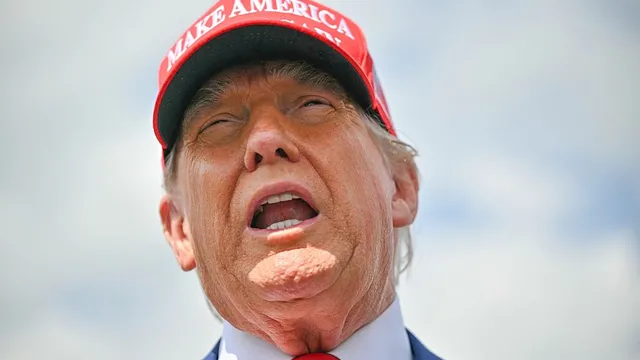
NATO commits $40 billion to bolster Ukraine amid European tensions
2025-06-24 02:52- The NATO summit in The Hague focused on security aid for Ukraine amidst ongoing tensions with Russia.
- NATO European and Canadian allies committed over $40 billion in security assistance to Ukraine.
- The summit's agenda faced criticism for prioritizing political appeasement over direct conflict discussions.
Express your sentiment!
Insights
In The Hague, NATO commenced a critical summit focusing on security strategies in light of ongoing global tensions, particularly surrounding the conflict in Ukraine. The NATO Secretary-General Mark Rutte emphasized that Russia remains the primary threat to the alliance, as it continues to exert military aggression towards Ukraine supported by countries like North Korea, Iran, and China. During this summit, it was highlighted that European and Canadian allies would pledge over $40 billion in security assistance to Ukraine for the year ahead, significantly raising the initial expectations. Despite this financial support, the summit's agenda was criticized for being overly centered on U.S. President Donald Trump's political maneuvering. As the summit progressed, it became clear that Ukraine's presence, particularly President Volodymyr Zelensky's attendance, would be minimized within NATO discussions. While assurances of unwavering support for Ukraine were made, the overall thrust of the summit aimed at presenting a united front for public relations rather than addressing the pressing issues of the war. The absence of a convened NATO Ukraine council further reflected a concession to Trump, avoiding conflicts that might highlight his administration's struggles in dealing with the Russian threat. The summit’s outcome also hinted at a future less dependent on U.S. intervention, necessitating a unified European response to the ongoing crisis. The pressure on NATO members was palpable, with the aim to project solidarity and unity against external threats. Various reports indicated that Trump aimed to restrain U.S. troop deployments in Europe while pushing Europe to shoulder more of the security burden. Participants aimed at striking a balance that would allow Trump to save face domestically while still providing necessary support to Ukraine. Secretary-General Rutte reframed discussions surrounding defense spending in relation to Ukraine's ongoing fight, hoping to reassure allies while softening criticism of Trump’s approach. Despite the challenging dynamics and potential rifts, NATO leaders remained optimistic about Ukraine's path to eventual membership, though the member states' unity appeared increasingly stretched by competing national interests and pressures from within the alliance. Notably, Secretary-General Rutte affirmed that Ukraine's future commitment to NATO would not waver, reinforcing alliances amid troubling geopolitical climates. The commitment of aid reflects both an immediate response to the conflict and a long-term strategy to fortify the alliance against aggressions and to stabilize the region moving forward.